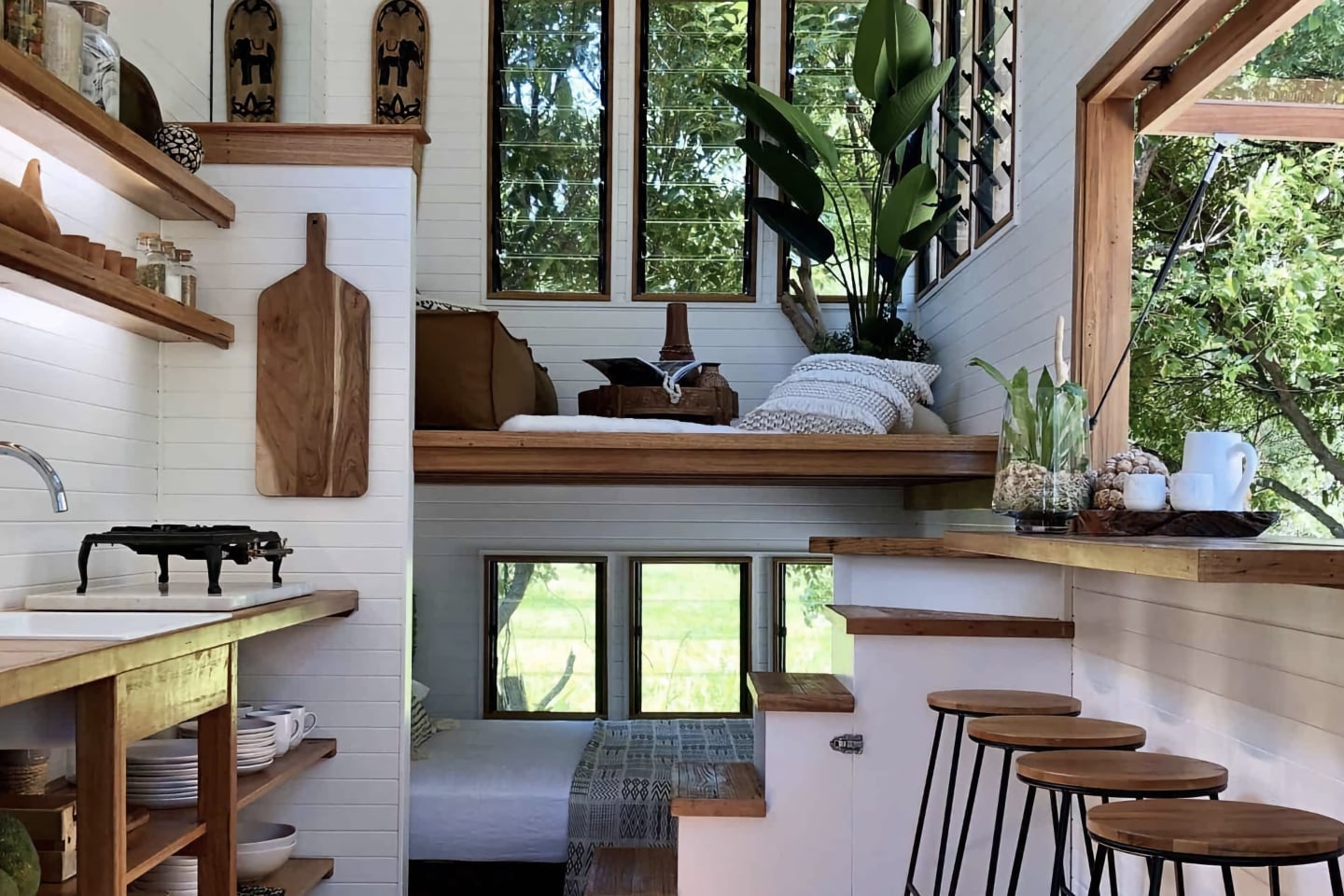
2020 was a major wake-up call for the world, and since then everyone’s been aspiring toward’s eco-friendly and mindful ways of living. As a result, tiny homes have been taking over the architectural world and they continue to grow popular by the day. What started off as a cute little trend is now turning into a serious option for home spaces. And one thing is for sure – tiny homes are here to stay! And just because they are tiny in size, does not mean they cannot be beautifully done! This collection of tiny home interiors are major inspiration goals, proving big things come in small packages. Warm, peaceful, and organic – these interiors will have you drooling over them! If you’re planning to shift to a tiny home, these designs are all the major inspo you need, to build the tiny home of your dreams.
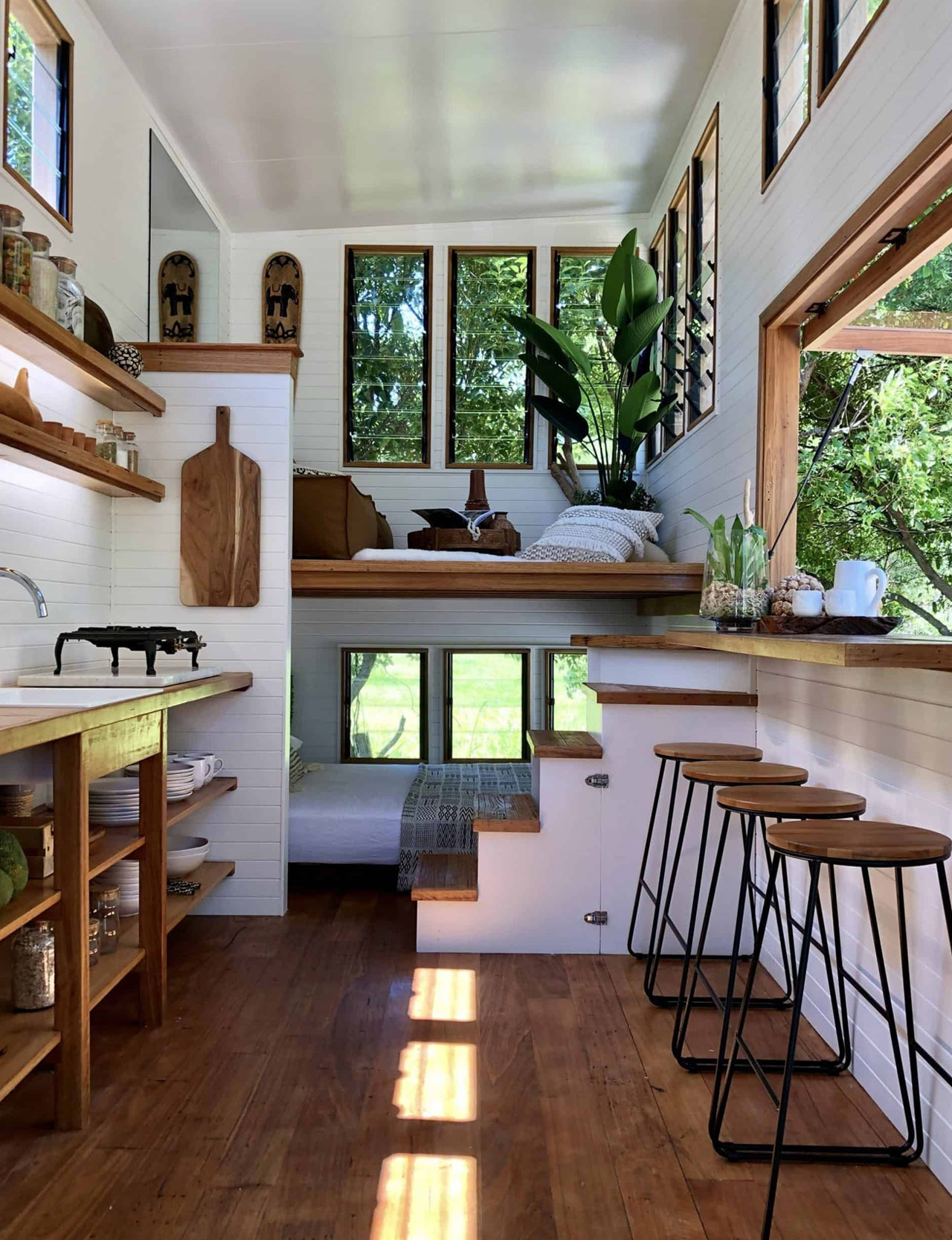
The interiors of the Banjo Tiny House by Little Byron are super warm and homely! Wooden flooring, bar stools, and a cozy bed, nestled next to stairs that lead to an intimate chilling spot, make it a space that may be tiny but still extremely fulfilling. An abundance of windows makes it an open and free-flowing space!
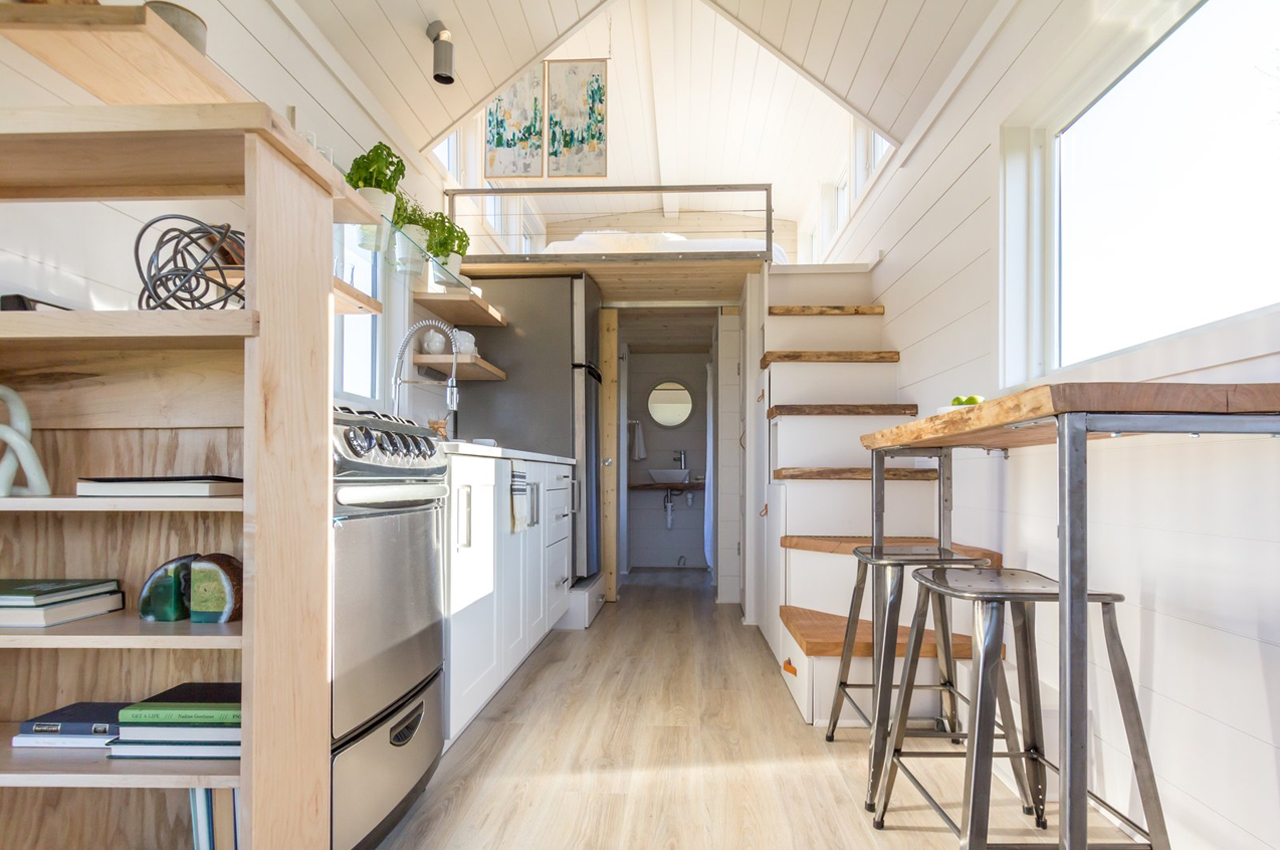
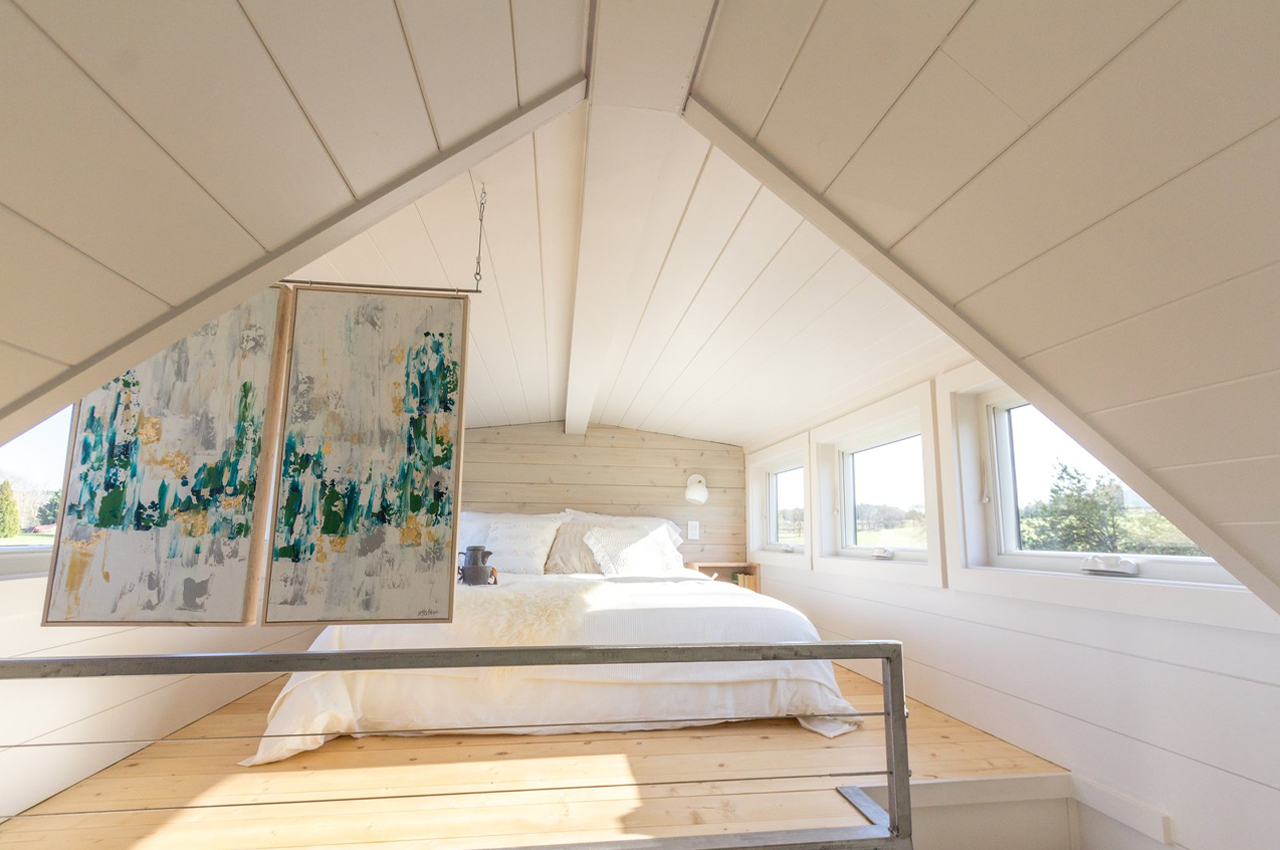
Elsa comprises 323-square-feet of living space while an exterior 85-square-foot trailer attachment that keeps a pergola-covered porch, attached swing, and even a greenhouse. Echoing the exterior’s natural wood personality, white-painted shiplap line Elsa’s inside walls and are brightened by natural sunlight that pours in through fourteen windows on the home’s first floor. The white-painted cedar shiplap continues throughout the home, rising even to the top floor loft bedroom where a queen-size bed is framed by six more windows.
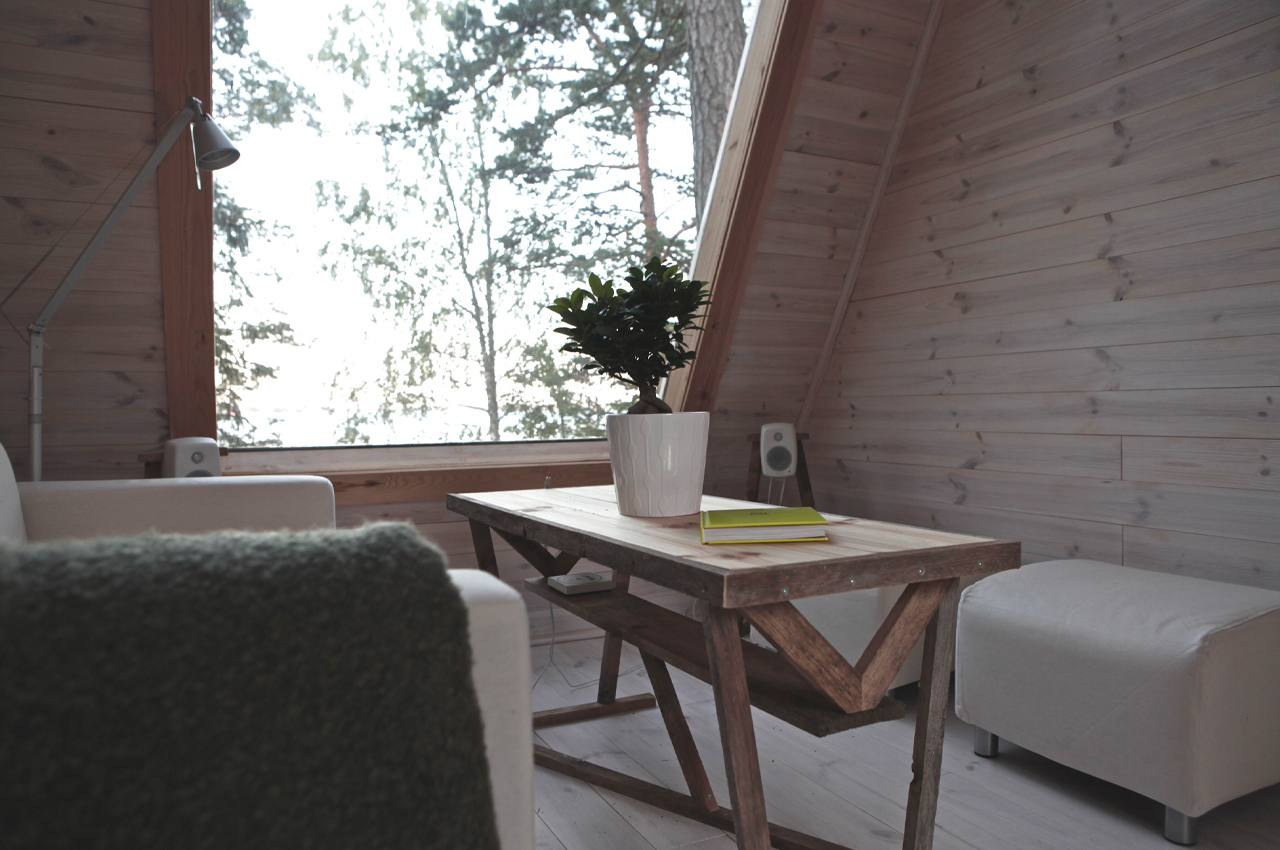
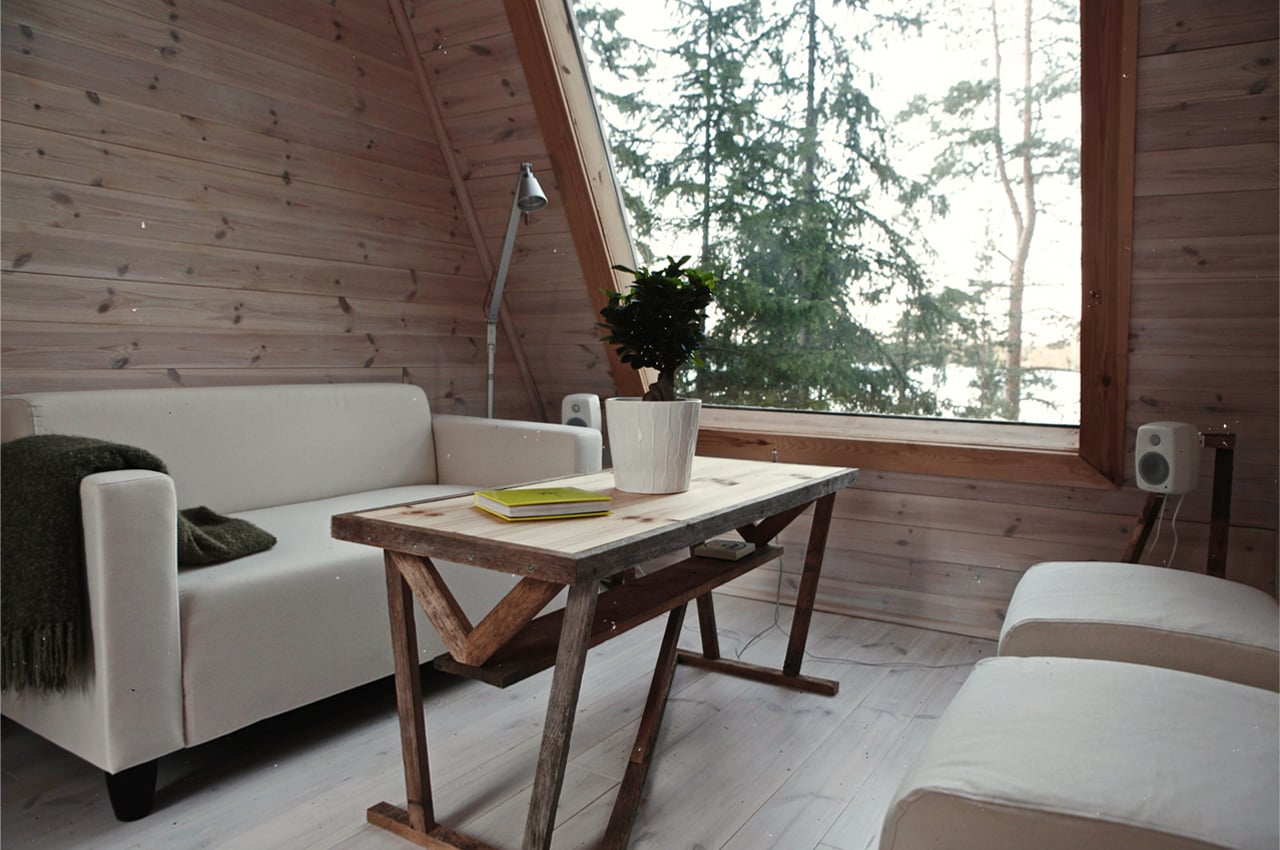
A micro-kitchen and living area fill out the cabin’s first floor, while the second floor keeps the bedroom and extra storage space. Meaning “bird’s nest” in Italian, Nido is the ideal cabin getaway for the snowbird in each of us who just wants to get away from it all and hide out in the woods. The interior’s Nordic-inspired color scheme is brightened by the natural sunlight that pours in from the home’s large windows.
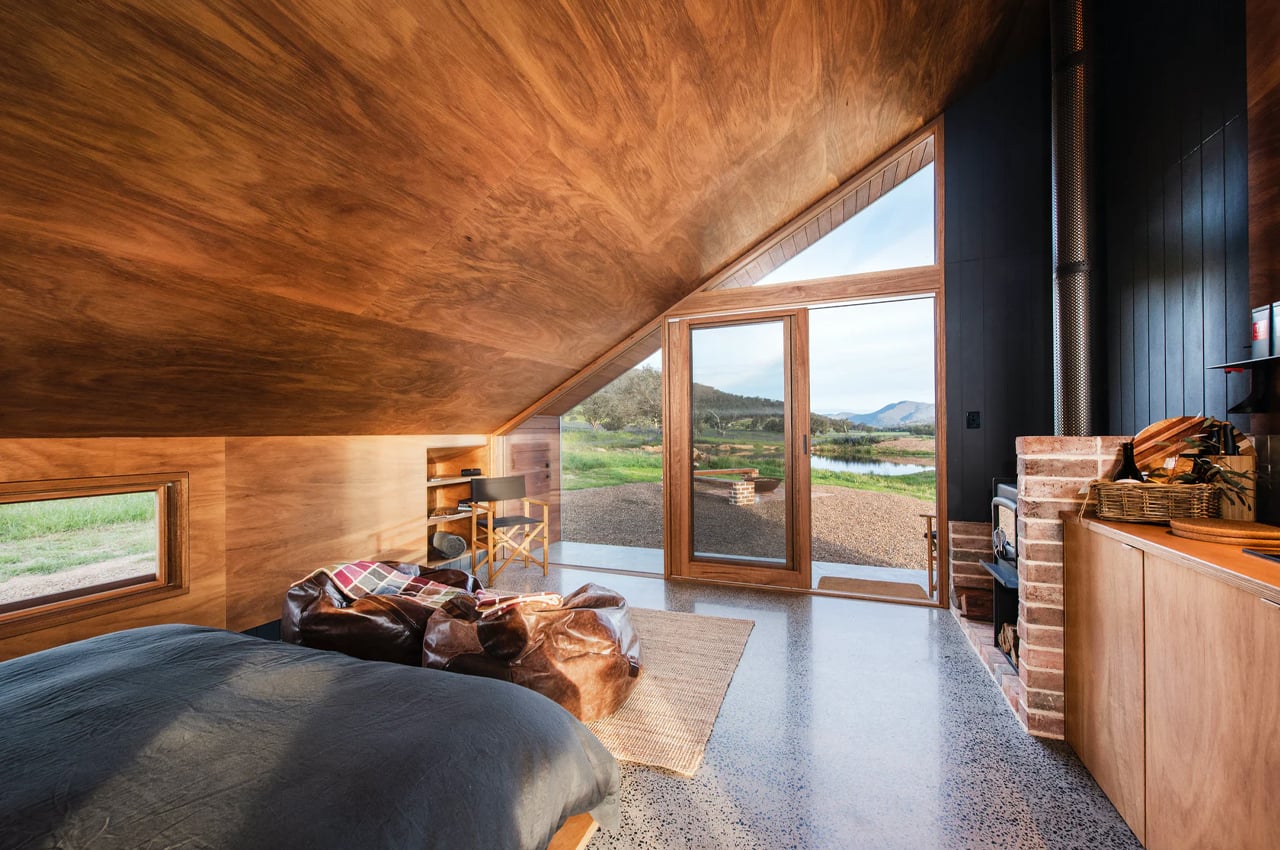
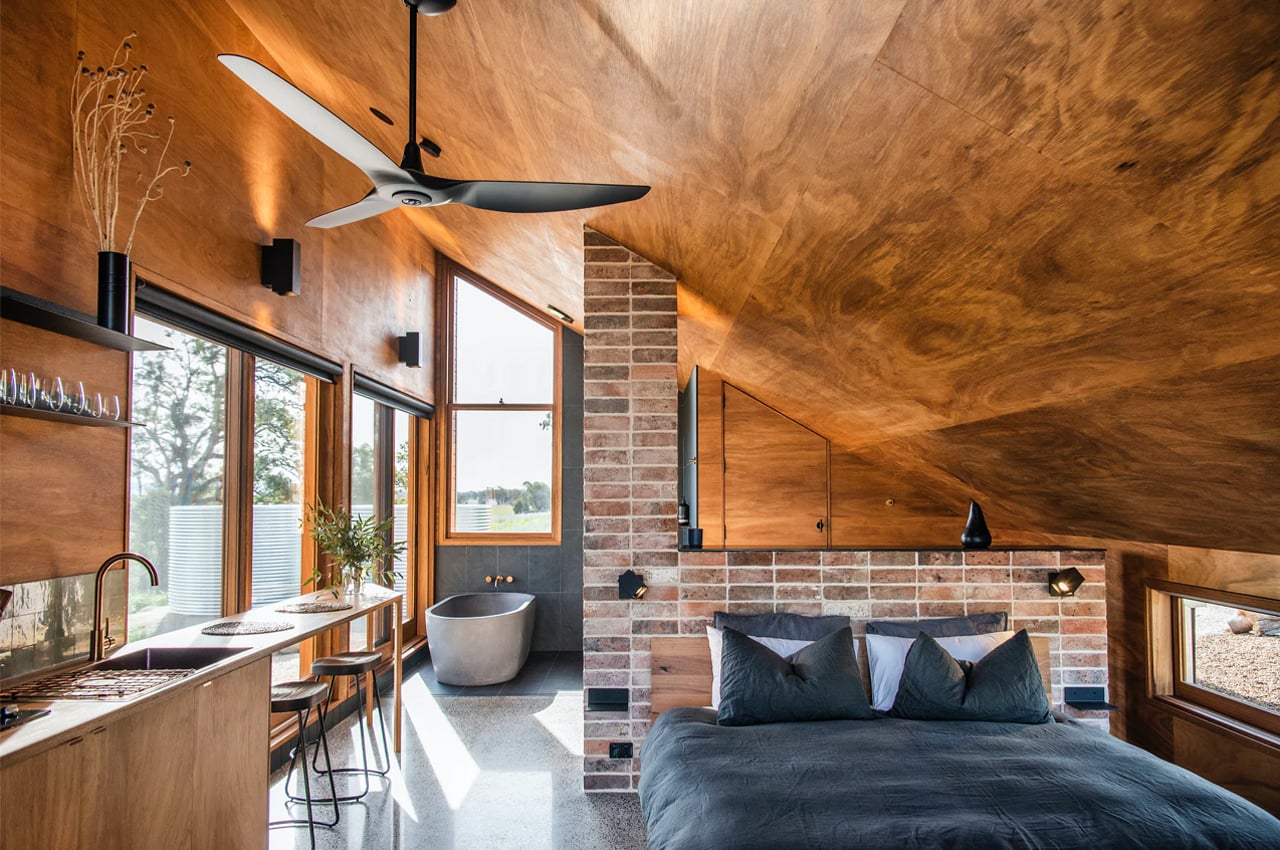
Inside Gawthorne’s Hut, rich and textured timber panels stretch over the walls and ceilings, giving the home a cozy, nesting atmosphere. Gawthorne’s Hut’s micro floor plan of 40m2 feels larger than its measurements thanks to an open floor plan that extends throughout the home, with the one exception being the WC. Throughout the tiny home’s interior, repurposed bricks and rich timber panels line the walls, ceiling, and furnishings. The king-sized bed’s head post, for example, was handcrafted from recycled brick leftover from the lot’s previous building.
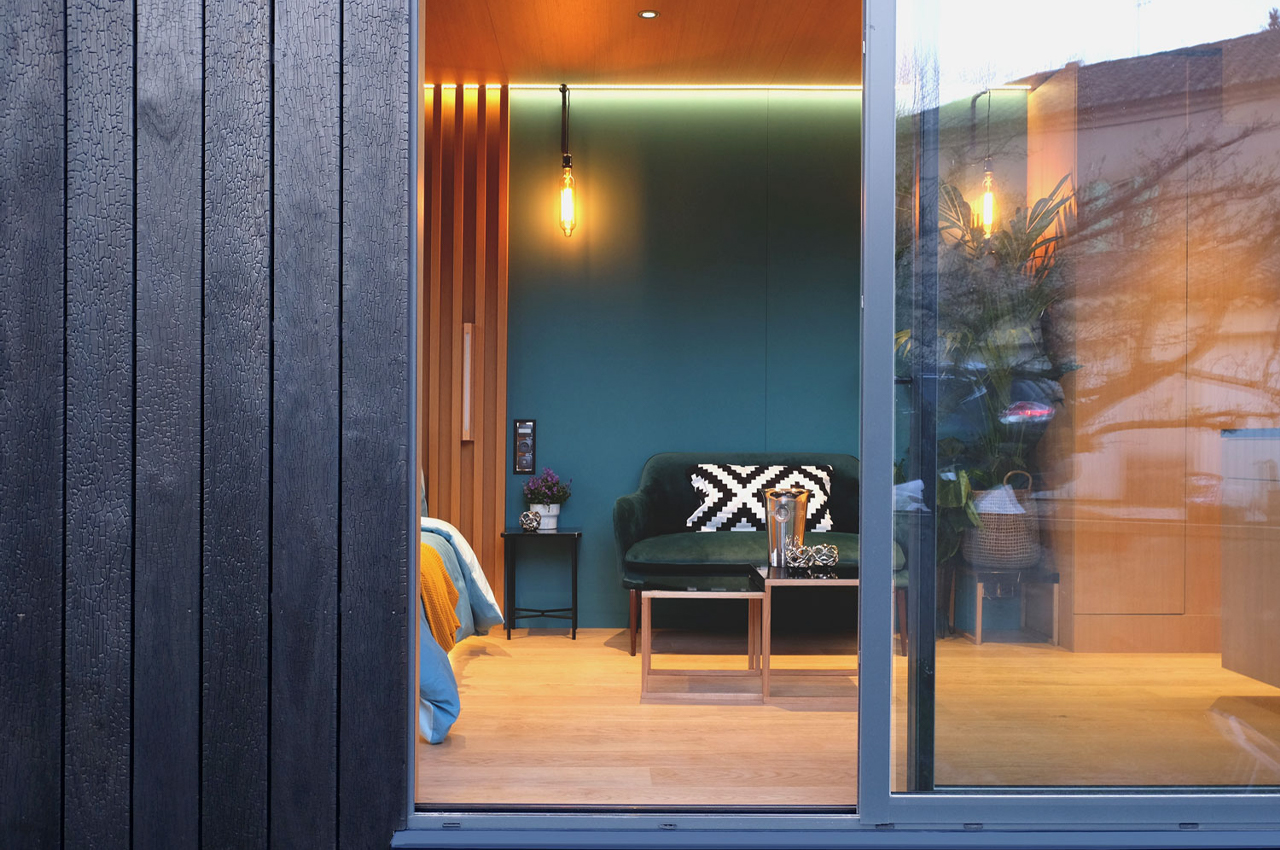

Mini Blok is a freestanding, simple cabin with a footprint of 21.6m2 that doesn’t require a permit to build or own. Wood paneling and warm lighting give Mini Blok an elegant feel and refined look. Fully glazed, sliding glass doors build one facade of Mini Blok, dissolving the barrier between outdoor and indoor spaces. Darker interior design elements are worked into the bathroom’s design through shadows and minimal paneling.
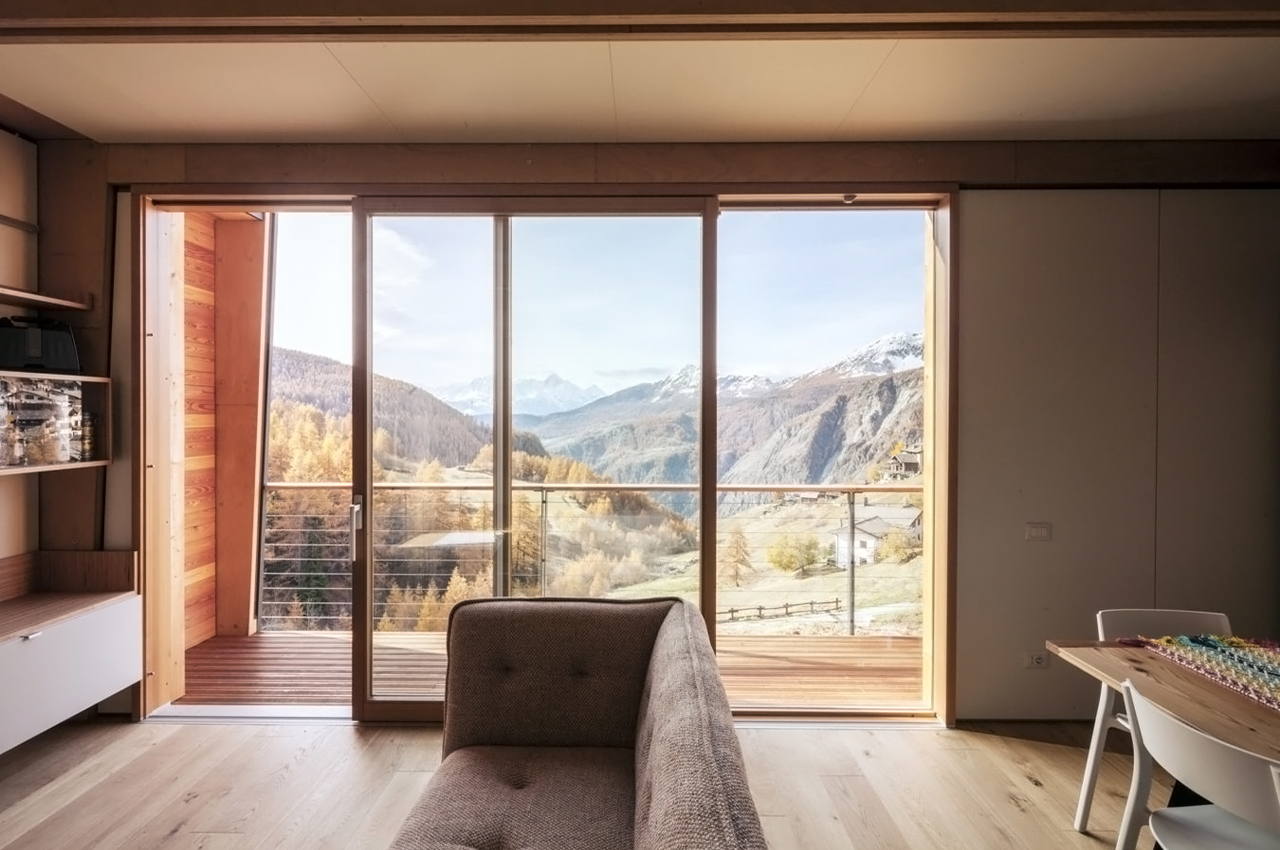
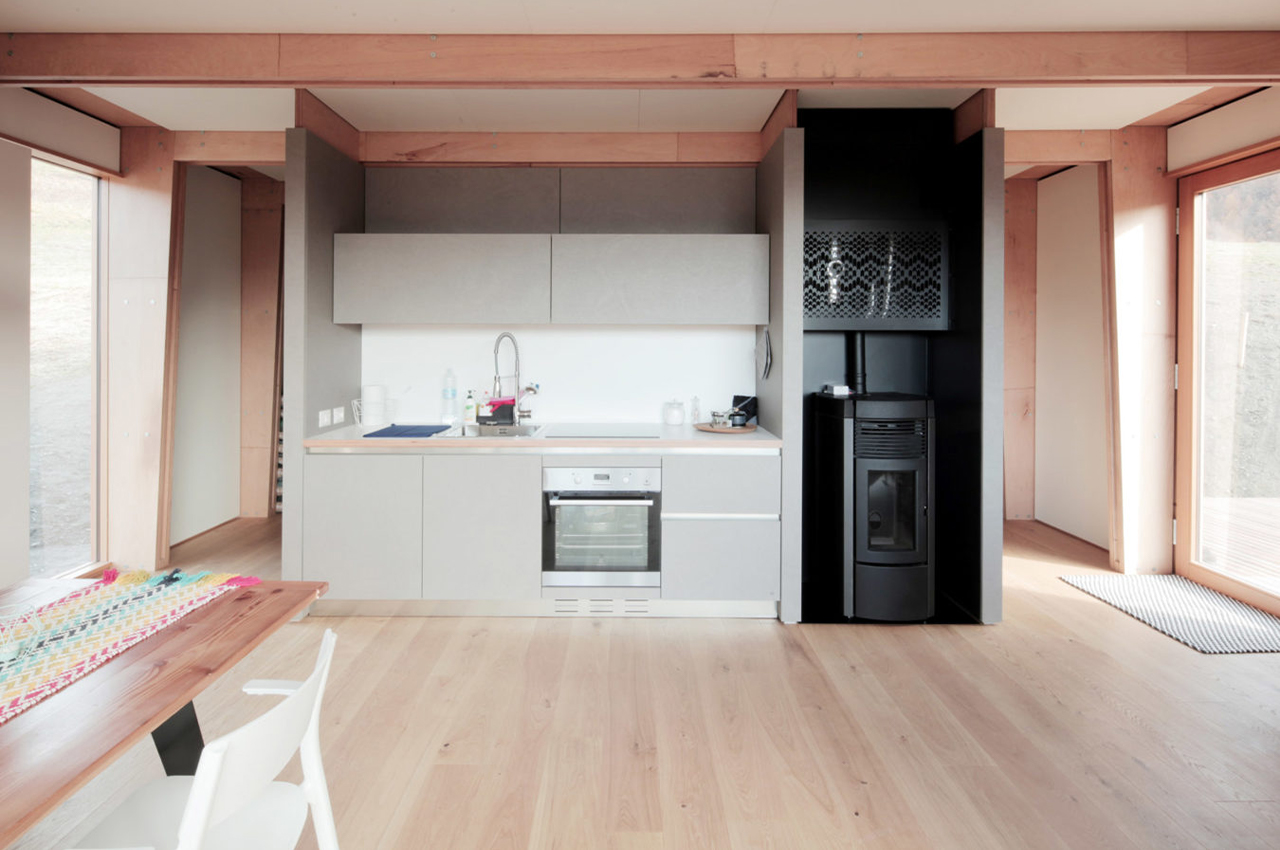
House in Chamois is highly modular which makes it adaptable to different lifestyles and settings. It comes with integrated furniture and warm interior details that are a contrast to this dark exterior cladding. “With its minimal shapes and spaces full of light, the house shows incredible attention to details, lines, and materials. The layout of the rooms, furnishings, and technical systems are fully integrated to give life to spaces where one can fully express their personality and live in harmony with their surroundings,” explained the architects.
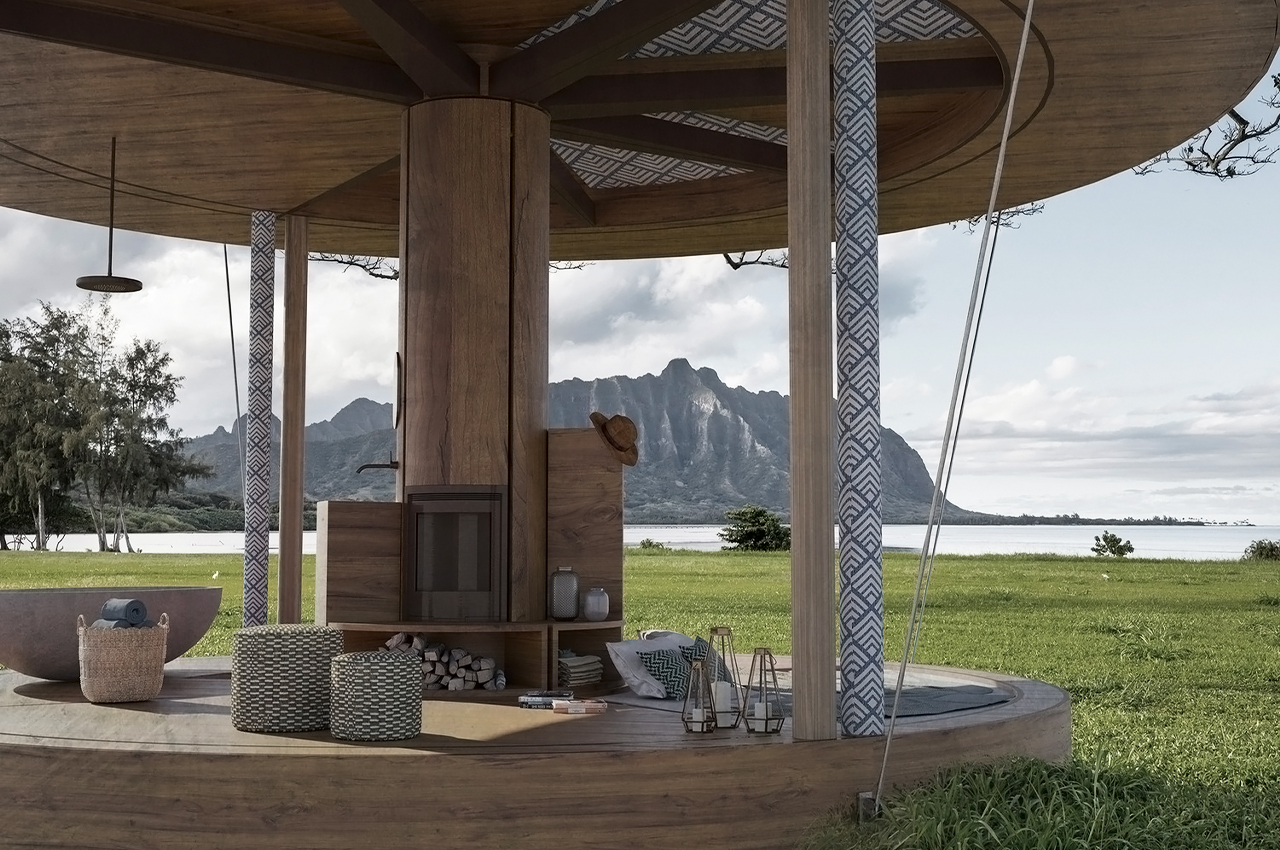
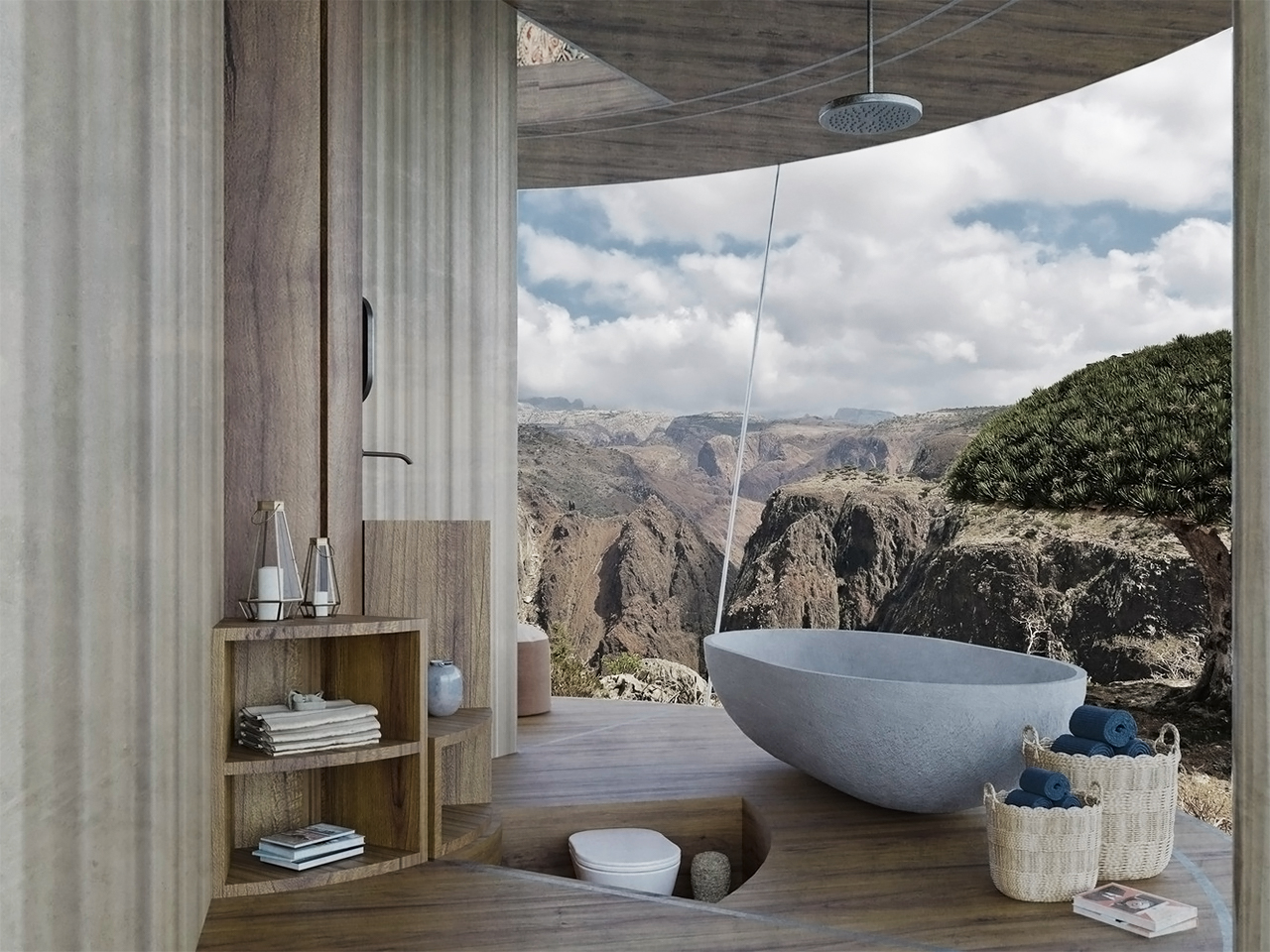
Casa Ojalá blurs the boundaries between interior and exterior in the most organic ways. The build, aesthetic, and CMF has all been inspired by sailboats. The cylindrical structure operates with a manual mechanism made with ropes, handles, pulleys, and cranks. The compact 27 sqm cabin can be configured with rollable walls that let guests create different open and closed spaces. One of the coolest features is how Bonzanigo has optimized the floor area by hiding two beds hidden underneath it. I can only imagine the serene evening hangouts on the roof that can be accessed with a ladder but to be honest, I would probably choose to relax in the large bathtub instead while soaking in the panoramic views.
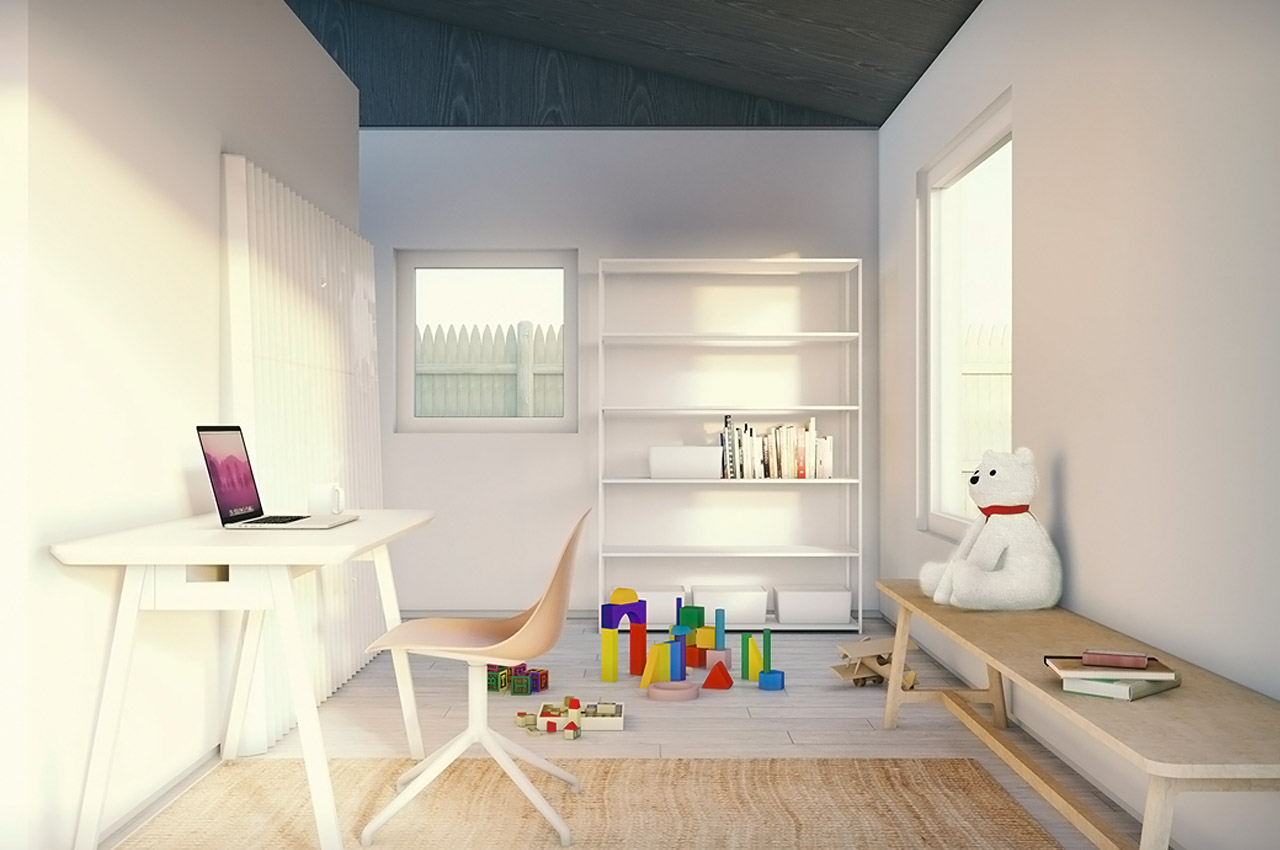
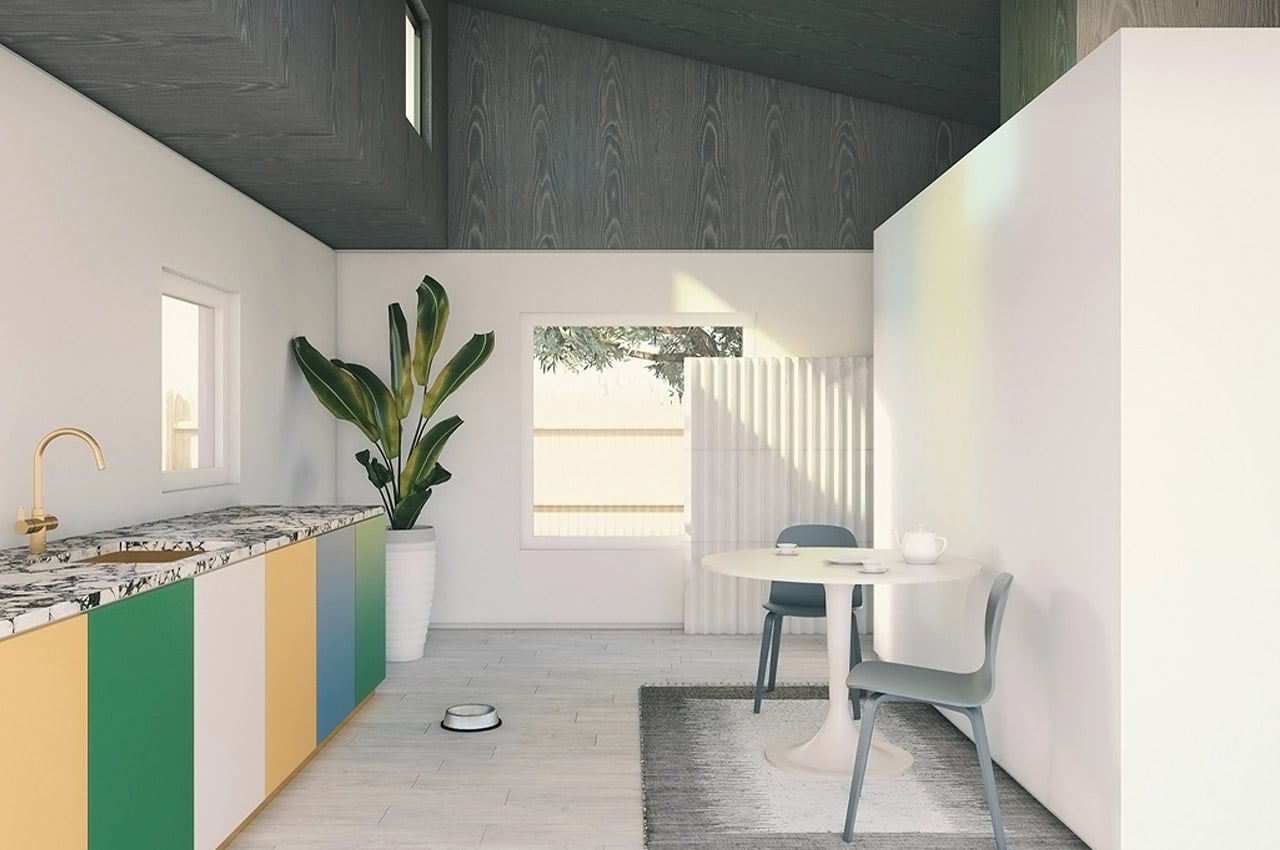
While the home’s black-and-white stucco exterior will look just the part for the backyards of Los Angeles, each unit’s interior finds warmth from natural sunlight that floods through the home’s pitched roof, mellowing out the unit’s soft palette of plywood and colorful pops of marble tile work. Upon entering Bonner’s Lean-to ADU, residents find communal spaces like the living, dining, and cooking areas on one side while a bedroom and working area finds space on the other side. Separating the communal areas from the private spaces, the unit’s bathroom and utility closet is contained in a center rectangular volume. Outside, native California plants comprise a geometric garden outlined in wavy metal edgers to complement the Lean-to ADU’s cubic form.
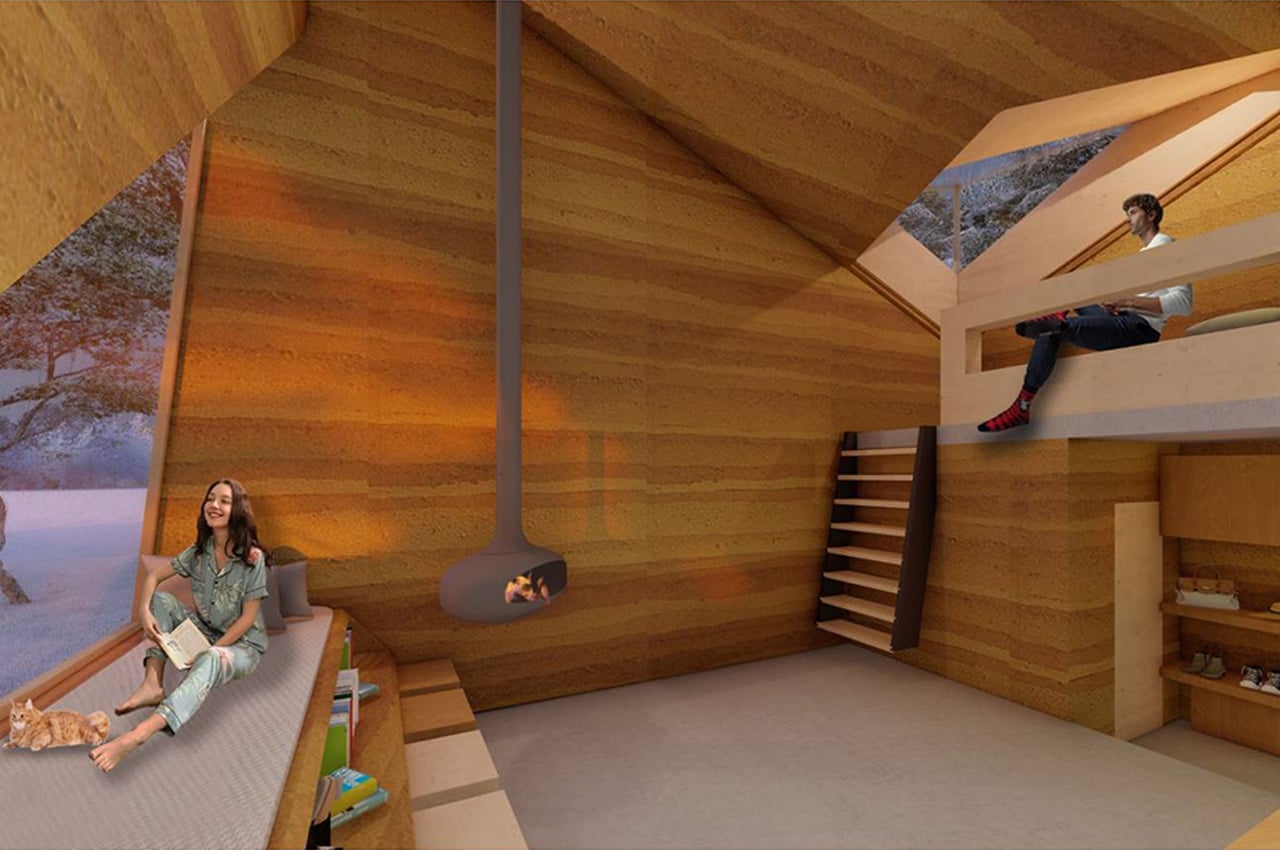
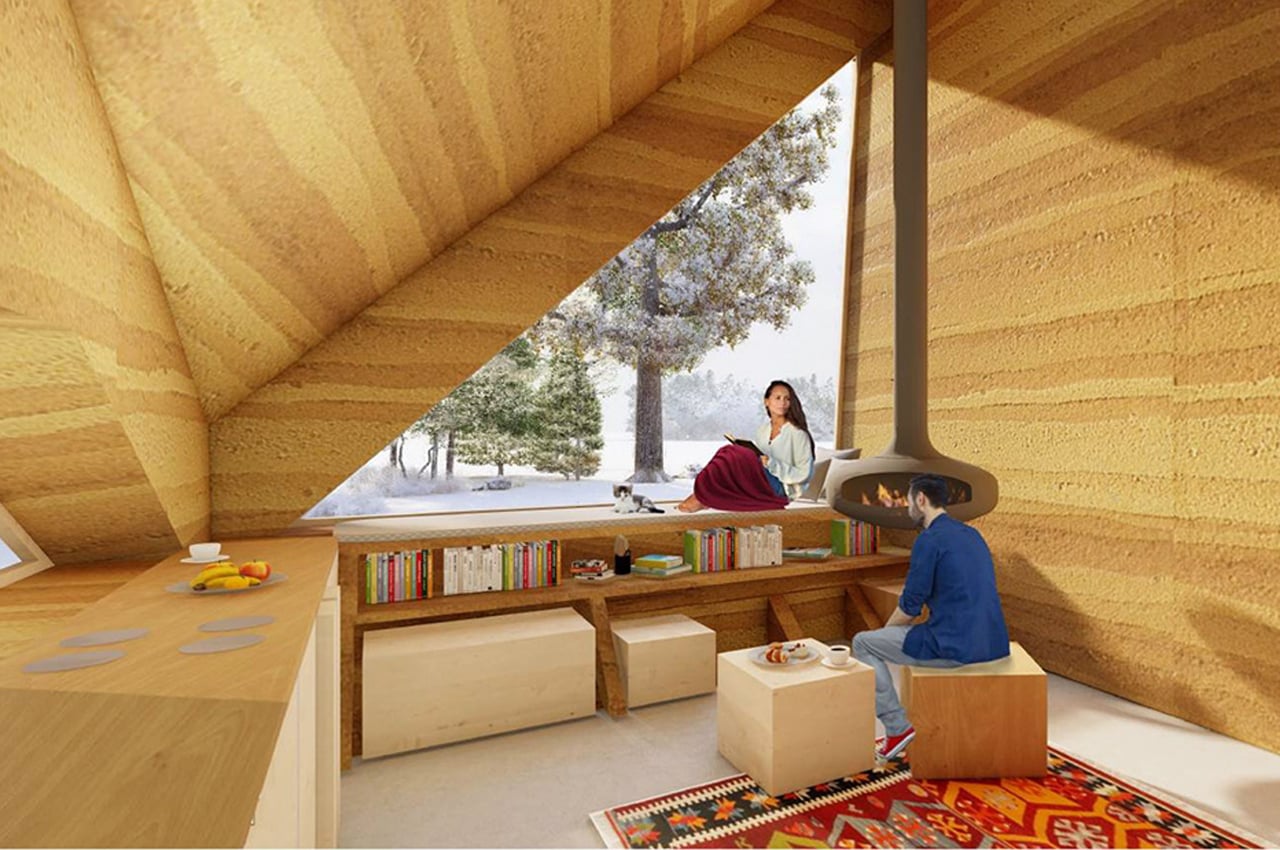
The Rammed Earth House in Slovenia merges traditional rammed earth building techniques with modern solar energy production methods to reinterpret the early 20th-century farmhouse for today. Windows are also strategically placed around the house to allow cross-ventilation throughout the home and changing seasons. The green roof also holds an array of photovoltaic panels to power the home with harnessed solar energy and a rainwater collector for water recycling and an integrated septic tank system. Inside, each living area is appropriately situated to benefit from the passive heating and insulation methods. The house’s north facade, for example, features fewer windows than the west facade to decrease potential heat loss during colder months.
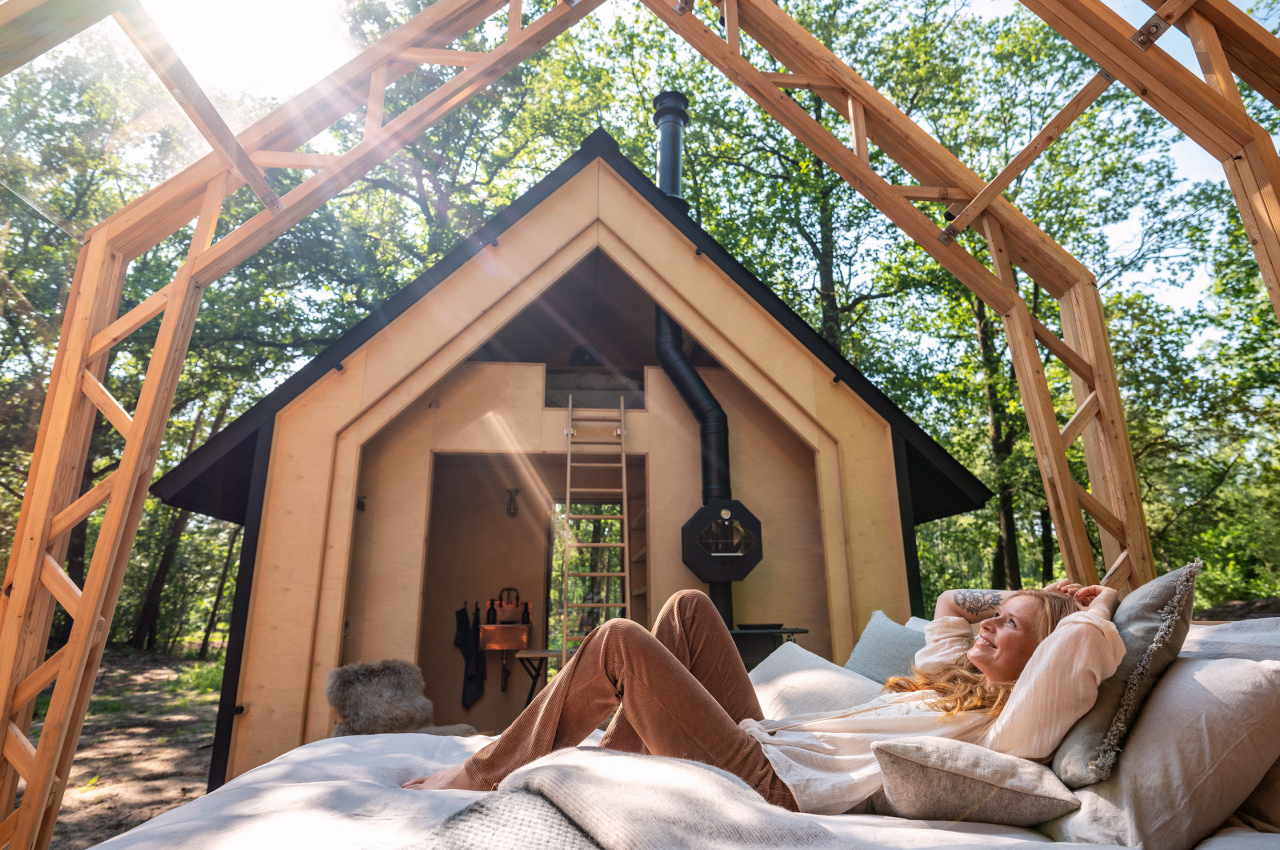
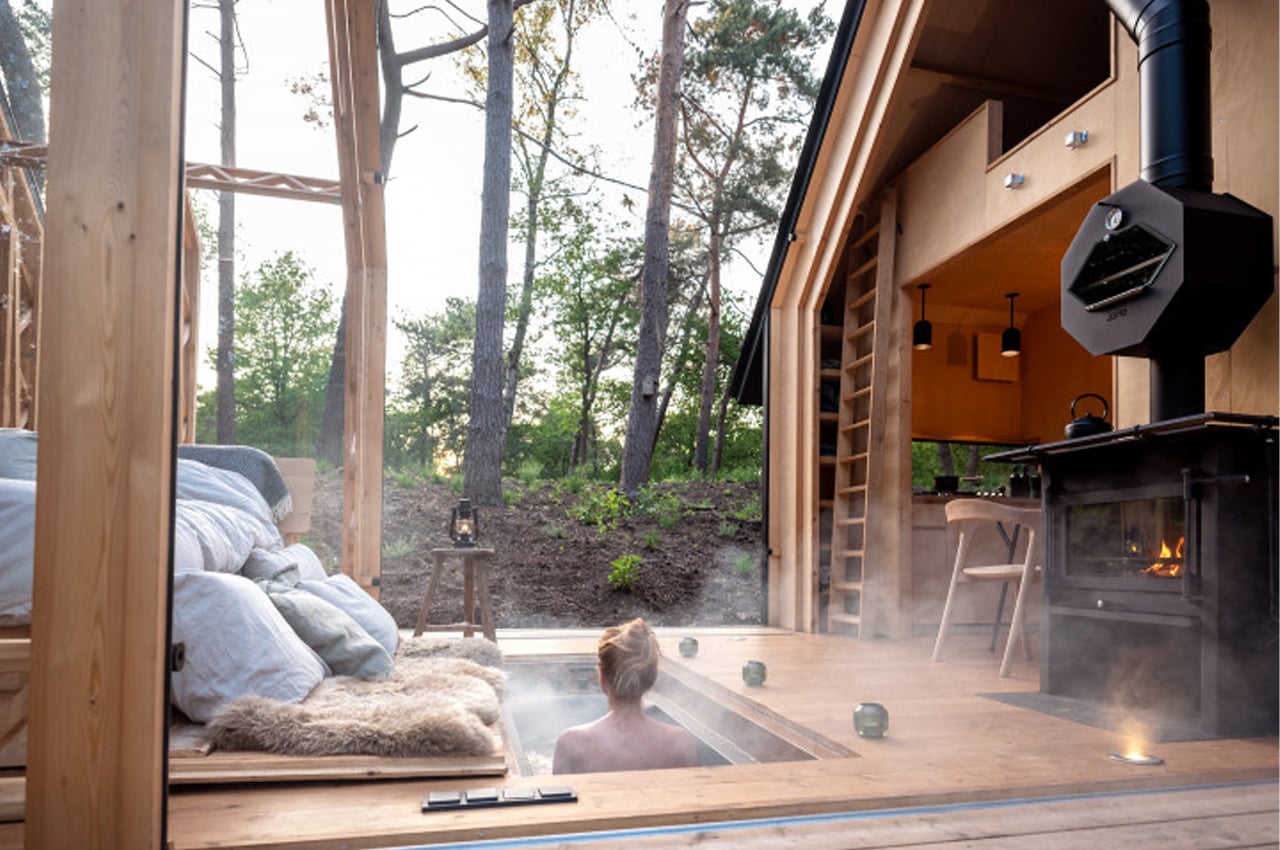
Cabin Anna is built with multiple layers of glass and wooden trusses, that peel away and slide back together when necessary or just for fun. The natural finish of Cabin Anna gives it an organic, cozy feel especially come night. One of the many amenities included with Cabin Anna is a spa in the home’s center, where layers of the framework can peel away to reveal an exposed centerpiece.
via https://ift.tt/2nqSsIm
Post a Comment
Note: Only a member of this blog may post a comment.